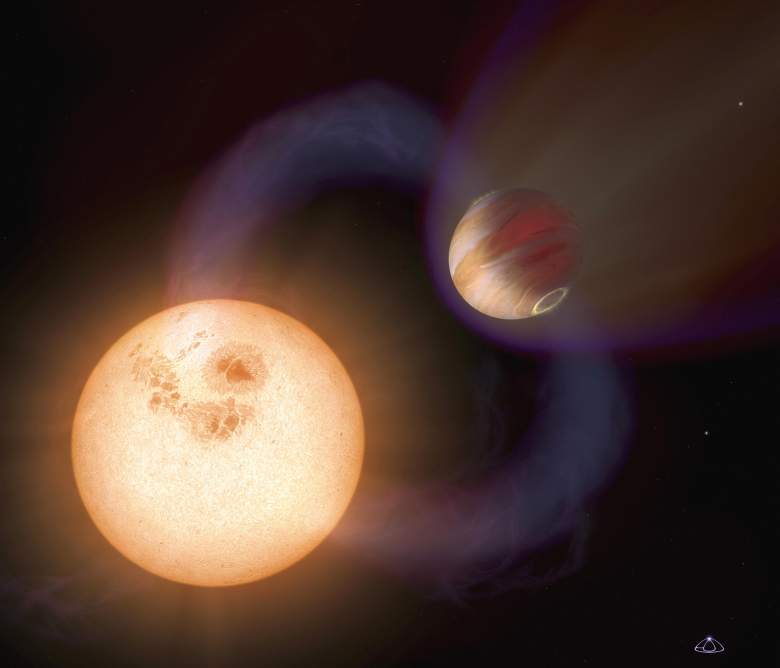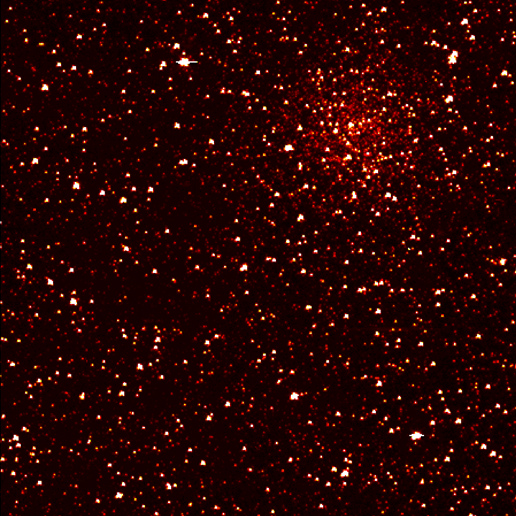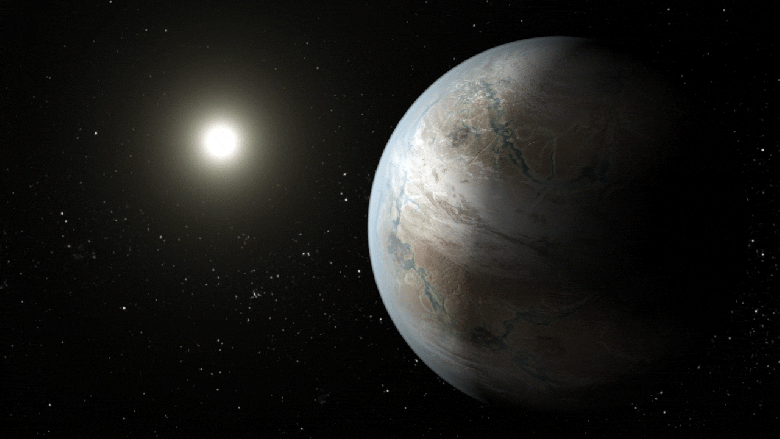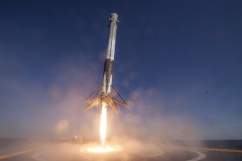
NASA could reveal a new exoplanet orbiting a star outside our solar system. (Getty)
NASA is scheduled to hold a major press conference to “reveal new findings on planets that orbit stars other than our sun,” also known as exoplanets. The live event will take place 1 p.m. ET Wednesday in Washington, D.C.
The first scientific discovery of an exoplanet was in 1988; however, the first confirmed detection was made in 1992. Since then, there have been 3,577 exoplanets in 2,687 planetary systems and 602 multiple planetary systems confirmed.
Questions will be answered during the briefing via the #askNASA hashtag on Twitter. A Reddit AMA on exoplanets will also be held following the briefing at 3 p.m. ET.
In addition to the press conference, details of the findings will be published in the journal Nature once the conference begins. You can livestream the event on NASA’s website.
Who Is Taking Part In The Announcement?

This image is .02 percent of the Kepler Space Telescope’s full field of view. (NASA)
Five scientists will be representing the space agency during the press conference:
- Thomas Zurbuchen, associate administrator of the Science Mission Directorate at NASA Headquarters in Washington
- Michael Gillon, astronomer at the University of Liege in Belgium
- Sean Carey, manager of NASA’s Spitzer Science Center at Caltech/IPAC, Pasadena, California
- Nikole Lewis, astronomer at the Space Telescope Science Institute in Baltimore
- Sara Seager, professor of planetary science and physics at Massachusetts Institute of Technology, Cambridge (associate administrator of the Science Mission Directorate at NASA Headquarters in Washington)
- Michael Gillon (astronomer at the University of Liege in Belgium)
- Sean Carey (manager of NASA’s Spitzer Science Center at Caltech/IPAC, Pasadena, California)
- Nikole Lewis (astronomer at the Space Telescope Science Institute in Baltimore)
- Sara Seager (professor of planetary science and physics at Massachusetts Institute of Technology, Cambridge).
What Will We Learn?

Did NASA locate another Earth-like planet? (NASA)
If mankind is ever to discover another planet capable of life, then exoplanets are key to the equation. NASA caused a ruckus in 2015 when the space agency announced it had found an exoplanet that closely resembled Earth.
Aliens will probably not be the focus of NASA’s announcement, but it would be big news if it found a planet with an oxygen-rich atmosphere.
NASA uses the Kepler Space Telescope, since 2009, to scan far outside our solar system for exoplanets that “fall into the ‘Goldilocks zone’ of its parent star.” Since placed into orbit, the telescope has located more than 2,000 exoplanets.
